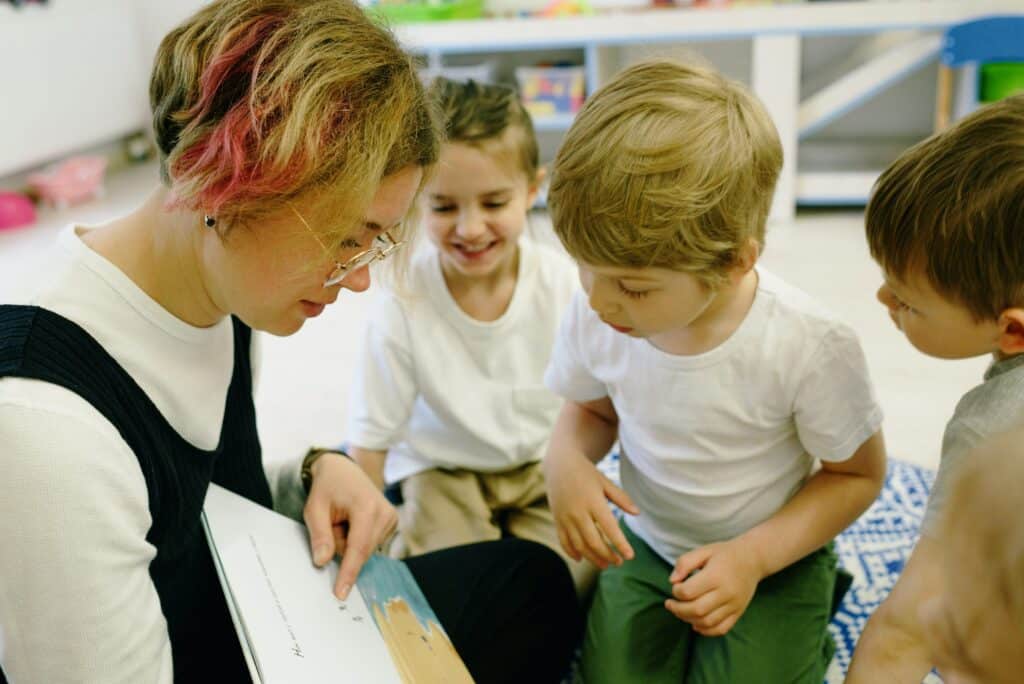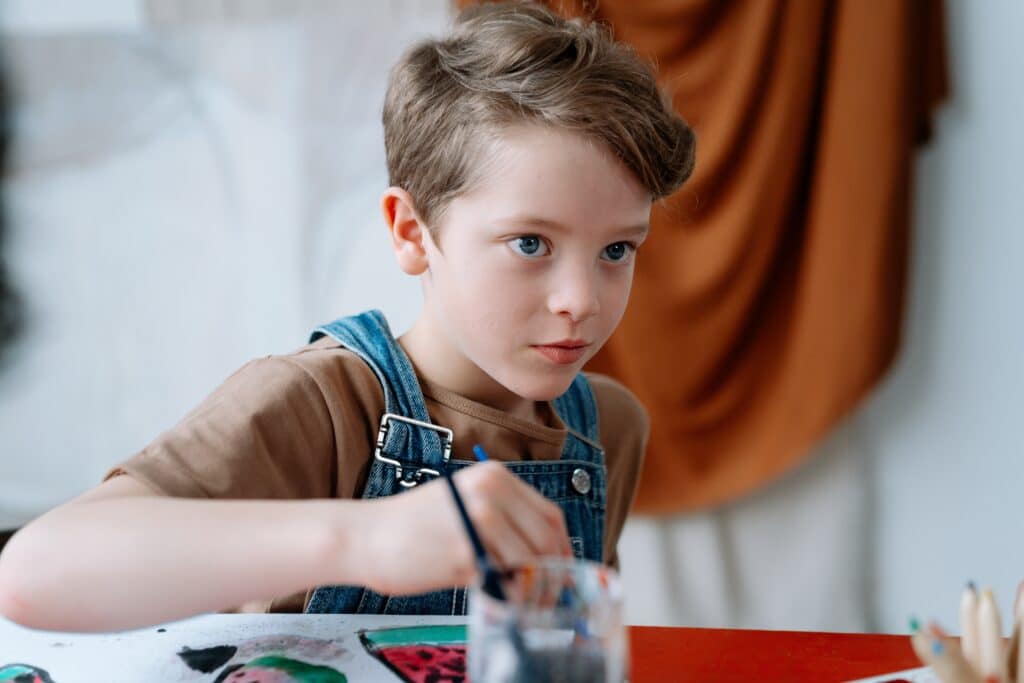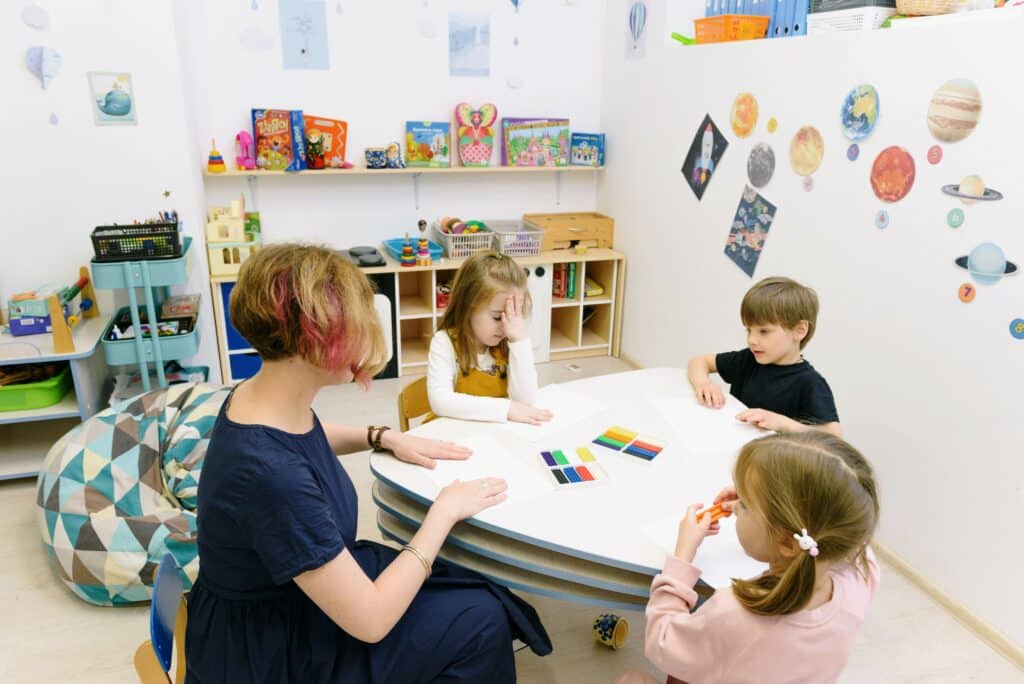Auditory Processing disorder is very rarely discussed in mainstream media.
Auditory processing disorder is a condition where the brain does not process sound signals in the same way it does in a typically developing human being. This is usually not a neurological condition but a different ‘wiring’ of the brain.
APD is present in children from a very young age. However, in some cases it is developed in adults after going through traumatic instances in their life, for example, war veterans.
APD in children makes it difficult for them to be interactive in the normal sense, and thus they often face issues with making friends as a kid. Due to their non responsiveness towards the people around them, they are often considered ‘weird’ by their peers. It is crucial to understand that this condition has no direct impact on their cognitive abilities, however, due to lack of social interaction, they often have difficulty in school.
“It is a lonely existence to be a child with a disability that no one can see or understand. You exasperate your teacher, you disappoint your parents, and, worst of all, you know that you are just not stupid,” – exclaims Susan Hamilton, a specialist in child psychology.







